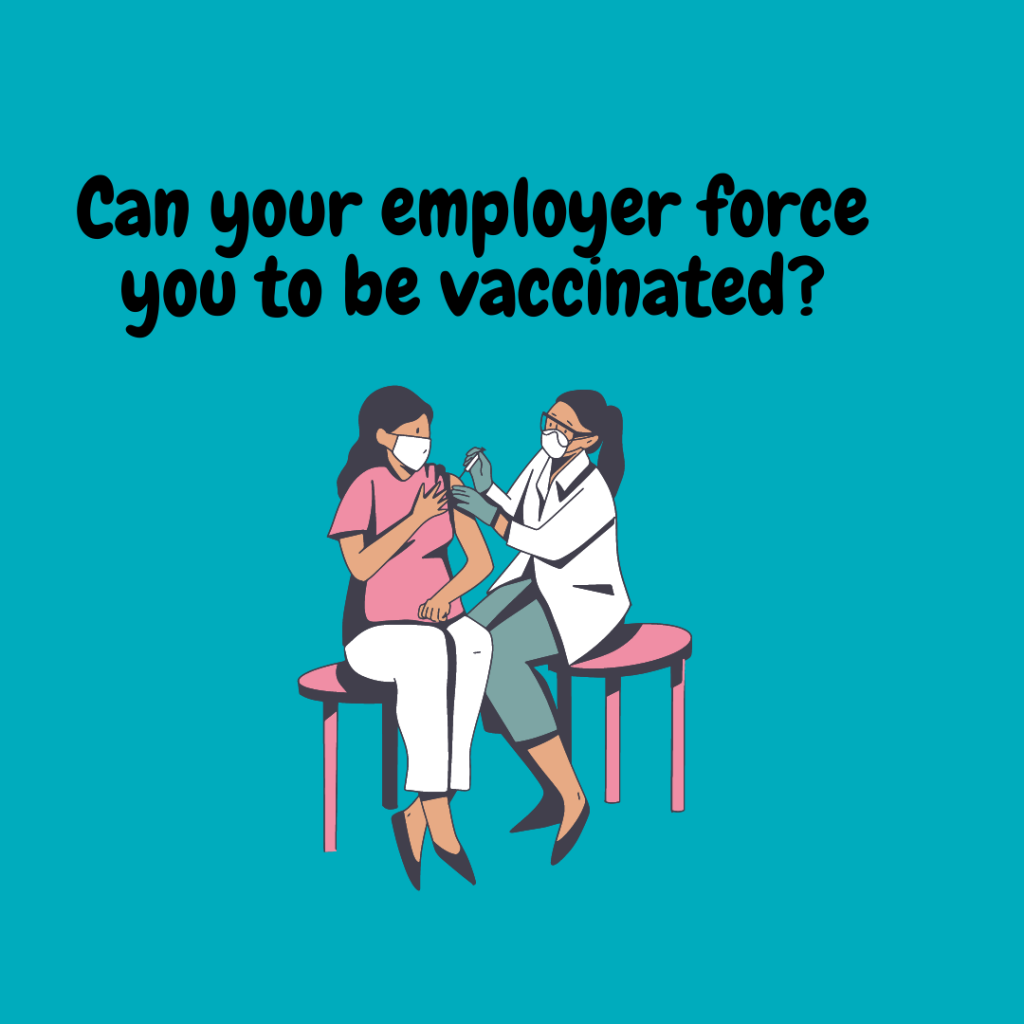The Black Dog Institute estimates that one in five (20%) of Australians aged 16-85 experience a mental illness in any year. As Australians continue to work longer hours, and remain in the workforce longer, it is important for us all to be aware of our mental health, and the negative health consequences that workplace stress can have.
Many of the psychological impacts of work stress can take months or years to surface, and may lead to anxiety, Post-Traumatic Stress Disorder (PTSD) or depression. Employers have a duty in statute and at common law to take reasonable steps to prevent employees being injured during the course of their employment. This includes psychological injury.
The common law duty – what does my employer have to do?
Your employer is required to take reasonable steps to respond to risks to an employee’s safety. How this duty plays out will vary based on the specific workplace. It will generally include upholding a safe system of work, implementing effective dispute resolution mechanisms and having policies and procedures concerning employee conduct and safety. It is important to remember that the duty of care applies to risks of injury that are reasonably foreseeable; this means that a reasonable person would have understood that there was a risk of injury to employees.
Whether or not a risk of injury is reasonably foreseeable will depend on a number of factors, including:
- The role and position of the employee;
- Whether the injury was caused by reasonable management action, such as placing employees on a performance management plan or making an employee redundant; and
- How much the employer knew about the situation, such as if an incident report has been generated or a complaint lodged.
How are psychological injuries different?
The application of an employer’s duty of care to prevent psychological injury is more complex than with physical or more “visible” injuries. This is especially when we consider that the symptoms of these conditions may only manifest months after.
In Koehler v Cerebos, the High Court made it clear that an employee must give some indication that their mental health is being adversely affected by their employment, for their employer to be in breach of their duty. The case illustrates the importance of an open dialogue between employees and employers. Communication is key when there are difficulties in the workplace. There are protections available for employees who speak up about their mental health concerns, and who have adverse action taken against them.
Different people react to stress in different ways
There are many things in a person’s life that may trigger, or make them more susceptible to a psychological injury at work. These may include health issues, family struggles or money problems. This means that some employees may be more or less affected than a co-worker by issues in the workplace.
However, this does not displace an employer’s duty of care. If an employer breaches this duty, and an employee sustains an injury as a result, the employer will be liable for the full extent of the injury even if the person was more susceptible than the general population.
Seeking help
If you have suffered a psychological injury at work, you inform your employer, speak your Doctor about commencing a workers compensation claim and, if you cannot resolve the issue at work and need help either to stay or return to work or to exit contact us.
Every employee deserves to feel safe, respected and appreciated whilst at work. However, it is always important to take care of yourself and your own health. If you feel you need to talk, there are many counselling and support services that can help you. Speaking with someone can be the first step that equips you with the tools to make positive changes in your life for the better.
Beyond Blue (https://www.beyondblue.org.au/) has many useful resources for employees suffering from mental health issues, including this piece: https://www.beyondblue.org.au/personal-best/pillar/in-focus/anxiety-and-depression-don-t-pause-for-work
For other general advice and resources and mental health please visit: https://www.healthdirect.gov.au/mental-health-resources-for-me
For all employment law matters Resolution123





